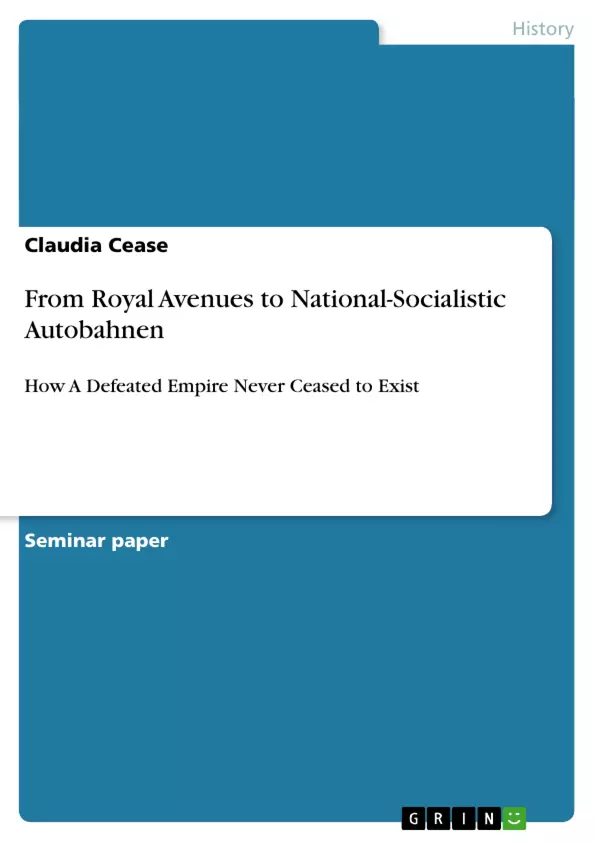It appears only violent interruptions in form of wars, civil uprisings, revolutions, and military putsches lead towards a rapid change. Nazi Germany is viewed as such a rapid change, but nothing could be farther from the truth. Granted, Germany’s first 50 years of the 20th century were tumultuous to say the least. Three different forms of government: monarchy, democracy, totalitarianism; two instigated World Wars, two lost World Wars, in between the Roaring Twenties and the Great Depression, from restricted voting rights to general suffrage, from an economy in kid shoes to a leading industrial producer.
But rather than reinventing the wheel, the national socialistic movement hijacked deep ingrained systems, concepts, and traditions.
Inhaltsverzeichnis (Table of Contents)
- Education is a reflection of societies' values and economies
- The motto 'Wissen ist Macht'² used by the socialist Liebknecht was viewed as a threat to the German Empire
- The boys' physical training included any future value of military use: field exercises, shooting, sailing, horseback riding, navigation, boxing, etc.
- Academically, Latin, English, and Greek were mandatory foreign languages (in this order); racial education and Nazi ideology were of course part of the curriculum
- Napolas were boarding schools and attendance was not free, however, parents got charged on a sliding scale and especially talented boys were sponsored
Zielsetzung und Themenschwerpunkte (Objectives and Key Themes)
This paper argues that the Nazi party was able to successfully implement its ideology due to deeply ingrained structures, concepts, and traditions within German society, drawing from the Wilhelmine era. The paper focuses on the educational system, the military concept, and the tradition of anti-Semitism to illustrate how the Nazi party was able to hijack pre-existing structures and exploit existing sentiments.
- The influence of Wilhelmine Germany on the social structure of the Weimar Republic
- The use of pre-existing structures and sentiments by the Nazi party
- The role of education in shaping societal values and ideologies
- The militaristic nature of German society and its influence on education
- The perpetuation of anti-Semitism and its connection to German culture
Zusammenfassung der Kapitel (Chapter Summaries)
This paper examines the connection between the Nazi party and the Wilhelmine era, arguing that the former was able to exploit pre-existing structures and sentiments within German society. This is illustrated through the examination of three key areas: education, the military concept, and the tradition of anti-Semitism.
Schlüsselwörter (Keywords)
The main keywords and focus topics of this paper are: Wilhelmine Germany, Weimar Republic, Nazi Germany, education, militarism, anti-Semitism, social structures, cultural change, national socialism.
Frequently Asked Questions
How did the Nazi party use pre-existing structures in Germany?
The Nazi party did not reinvent the wheel but hijacked deeply ingrained systems and traditions from the Wilhelmine era to implement their ideology effectively.
What was the role of education in Nazi Germany?
Education was a reflection of societal values, emphasizing racial education, Nazi ideology, and physical training for future military use.
What were 'Napolas' and who could attend them?
Napolas were elite boarding schools. While they charged tuition on a sliding scale, talented boys were often sponsored to ensure a loyal future leadership corps.
How did militarism influence German schools?
Physical training for boys included military-related activities like shooting, field exercises, and navigation, preparing them for future combat roles.
Was anti-Semitism a new concept introduced by the Nazis?
No, the paper argues that anti-Semitism was a pre-existing sentiment in German culture that the Nazi party exploited and institutionalized.
- Quote paper
- Claudia Cease (Author), 2013, From Royal Avenues to National-Socialistic Autobahnen, Munich, GRIN Verlag, https://www.grin.com/document/263234



